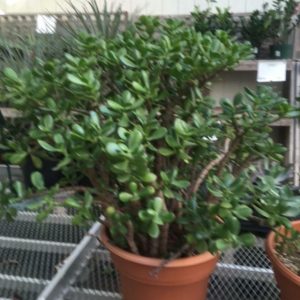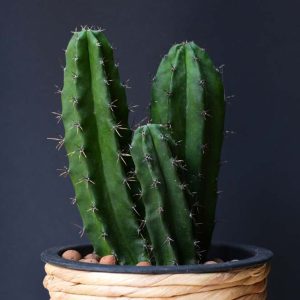Description
Alcea – Hollyhock –
There are about 60 species of biennials and short-lived perennials, in this genus. They are native to regions of temperate Europe and Asia. It was brought to England from the Holy land during the Crusades. Usually occurring in rocky sites and open dry grassy wasteland. They can grow 8’ feet tall bearing in summer slender inflorescences of funnel shaped 5 petal brightly colored flowers. The flowers attract bees and butterflies.
There quite frost hardy and will grow in moderately fertile well-drained soil in full sun. They may require stalking.
Prone to hollyhock rust, as well as bacterial fungal leaf spots, fungal leaf spots. Southern blight, cut worms, slugs, Mallow flea beetles, aphids, Japanese beetles, and capsid bugs are sometimes are problem.
Alcea rosea ‘Majorette’ – Althaea rosea ‘Majorette’ – This dwarf, upright biennial perennial grows 3’ feet tall and just 1’ feet wide. In bushy rosette it produces rounded roughly haired light green leaves 1 ½” long leaves cut into 3-7 shallowly lobes. Long terminal racemes of semi double flowers in pale shades of yellow, carmine, and apricot ruffled petal 3” wide flowers are borne early summer.
Zones 3-9





